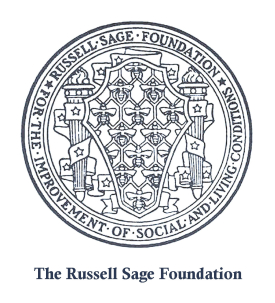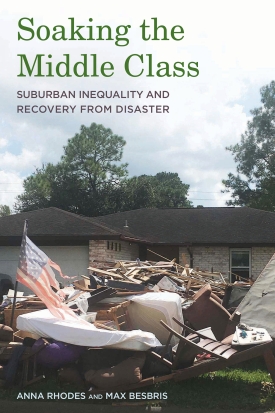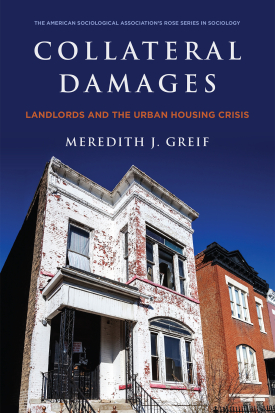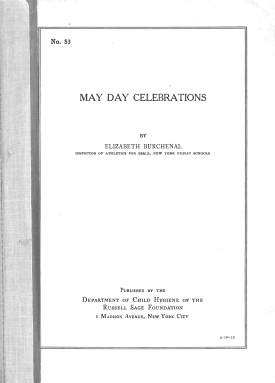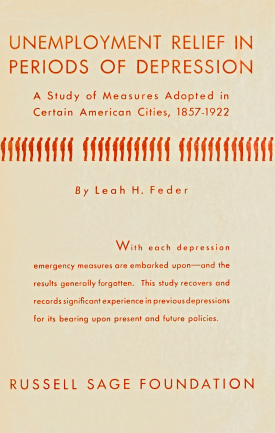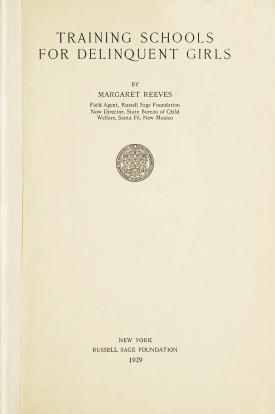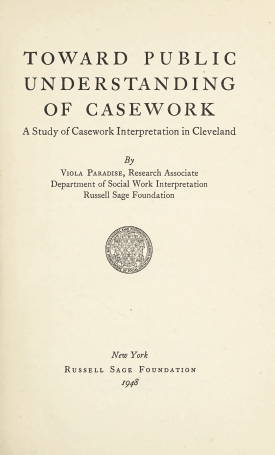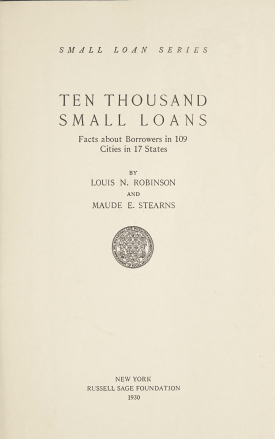“A riveting narrative of how decent people are transformed by conducive structural conditions into malevolent slumlords, Collateral Damages is guaranteed to make you think about the housing crisis in a new light. Meredith J. Greif lays bare how the very regulations meant to protect marginalized tenants stoke landlords’ illegal and immoral behaviors, ensuring even greater precarity in tenants’ lives. If you want to understand housing in America, this book is not to be missed.”
—KATHRYN EDIN, William Church Osborn Professor of Sociology and Public Affairs,Princeton University
“Collateral Damages provides a critical window into the understudied practices and motivations of small landlords, who collectively provide homes to most of the nation’s poor renters. Meredith J. Greif highlights the financial vulnerability of these housing providers and shows how structural forces can lead some of them to engage in harmful practices. Balanced and engaging, the book sends an important, cautionary note about how well-intentioned local laws can backfire and harm the very low-income renters they are meant to protect.”
—INGRID GOULD ELLEN, Paulette Goddard Professor of Urban Policy and Planning, New York University
Changes in federal housing policies over the past several decades shifted the primary responsibility for providing low-income renters with affordable housing from the government to private landlords. Federal, state, and local governments have passed laws to ensure that low-income renters are protected from illicit landlording practices. Yet we know little about how private landlords experience local housing regulations. In Collateral Damages, sociologist Meredith Greif examines how local laws affect private landlords and whether tenants are, in fact, being adequately protected.
For three years, Greif followed 60 private landlords serving low- and moderate-income residents in the Cleveland, Ohio, metropolitan area to better understand how local regulations, such as criminal activity nuisance ordinances (CANOs) and local water billing regulations, affect their landlording practices. CANOs are intended to protect communities by discouraging criminal activity on private properties. Property owners can face financial and criminal sanctions if they do not abate nuisance activities, which can include littering, noise, drug use, and calls for police assistance, including calls for domestic violence. Local water billing regulations hold landlords responsible for delinquent water bills, even in cases where the account is registered in the tenant’s name. Greif finds that such laws often increase landlords’ sense of “financial precarity” – the real or perceived uncertainty that their business is financially unsustainable – by holding them responsible for behavior they feel is out of their control. Feelings of financial uncertainty led some landlords to use illegitimate business practices against their tenants, including harassment, oversurveillance, poor property upkeep, and illegal evictions. And to avoid to financial penalities associated with CANOs and delinquent water bills, some landlords engage in discriminatory screening of vulnerable potential tenants who are unemployed or have histories of domestic violence or drug use. In this sense, by promoting a sense of financial insecurity among landlords, laws meant to protect renters ultimately had the opposite effect.
While some landlords, particularly those who rented a larger number of units, were able to operate their businesses both lawfully and profitably, the majority could not. Greif offers practical recommendations to address the concerns of small- and mid-sized landlords, such as regular meetings that bring landlords and local authorities together to engage in constructive dialogue about local housing policy, issues, and concerns. She also proposes policy recommendations to protect renters, such as establishing the right to counsel for lower-income tenants in eviction hearings and enacting a federal renter’s tax credit.
Collateral Damages is an enlightening investigation on how local laws and practices perpetuate disadvantage among marginalized populations and communities, in ways that are hidden and often unintended.
MEREDITH GREIF is assistant professor of sociology at Johns Hopkins University
